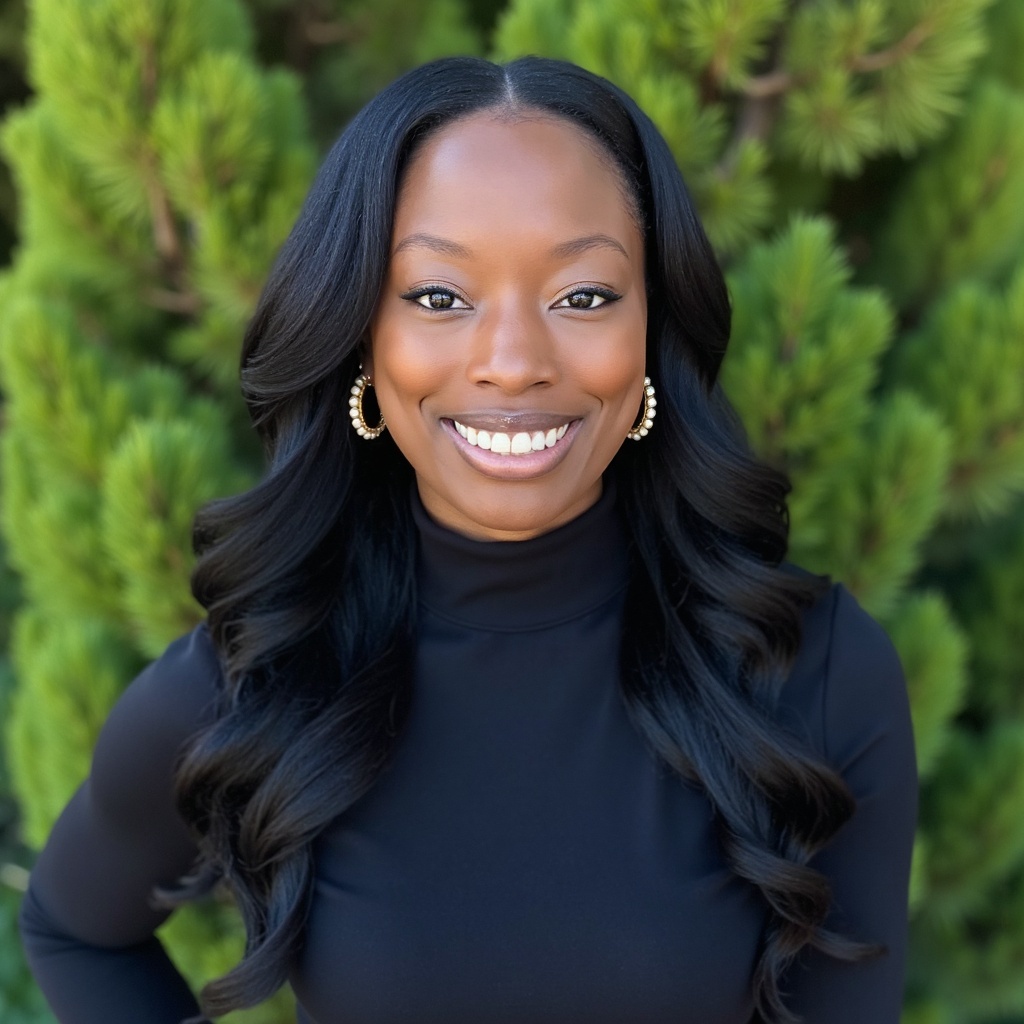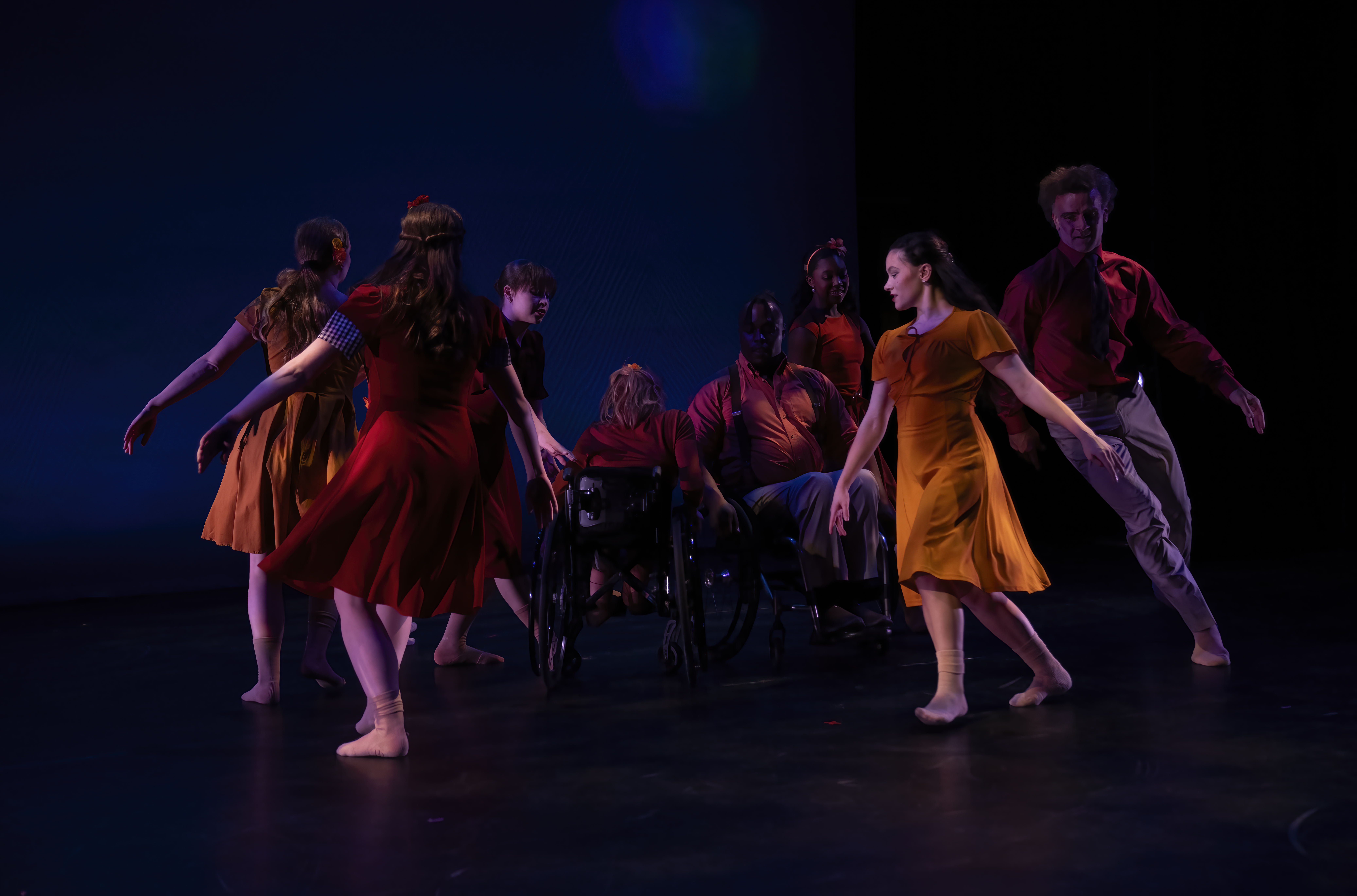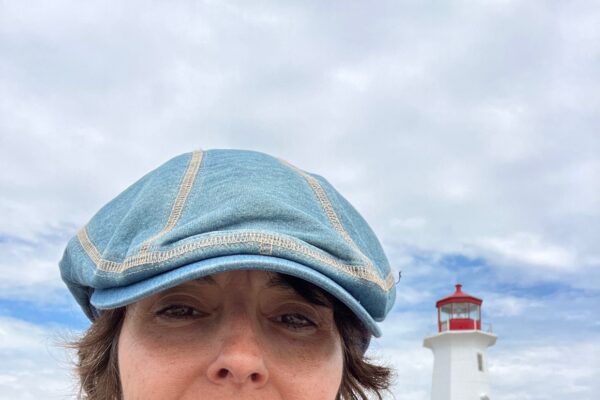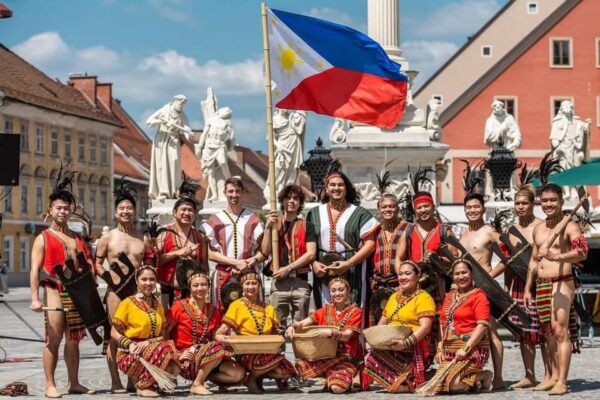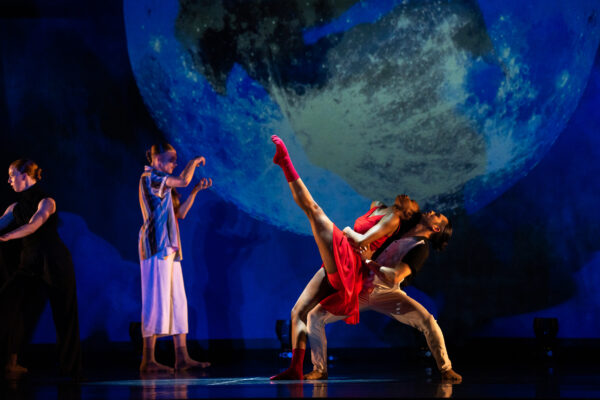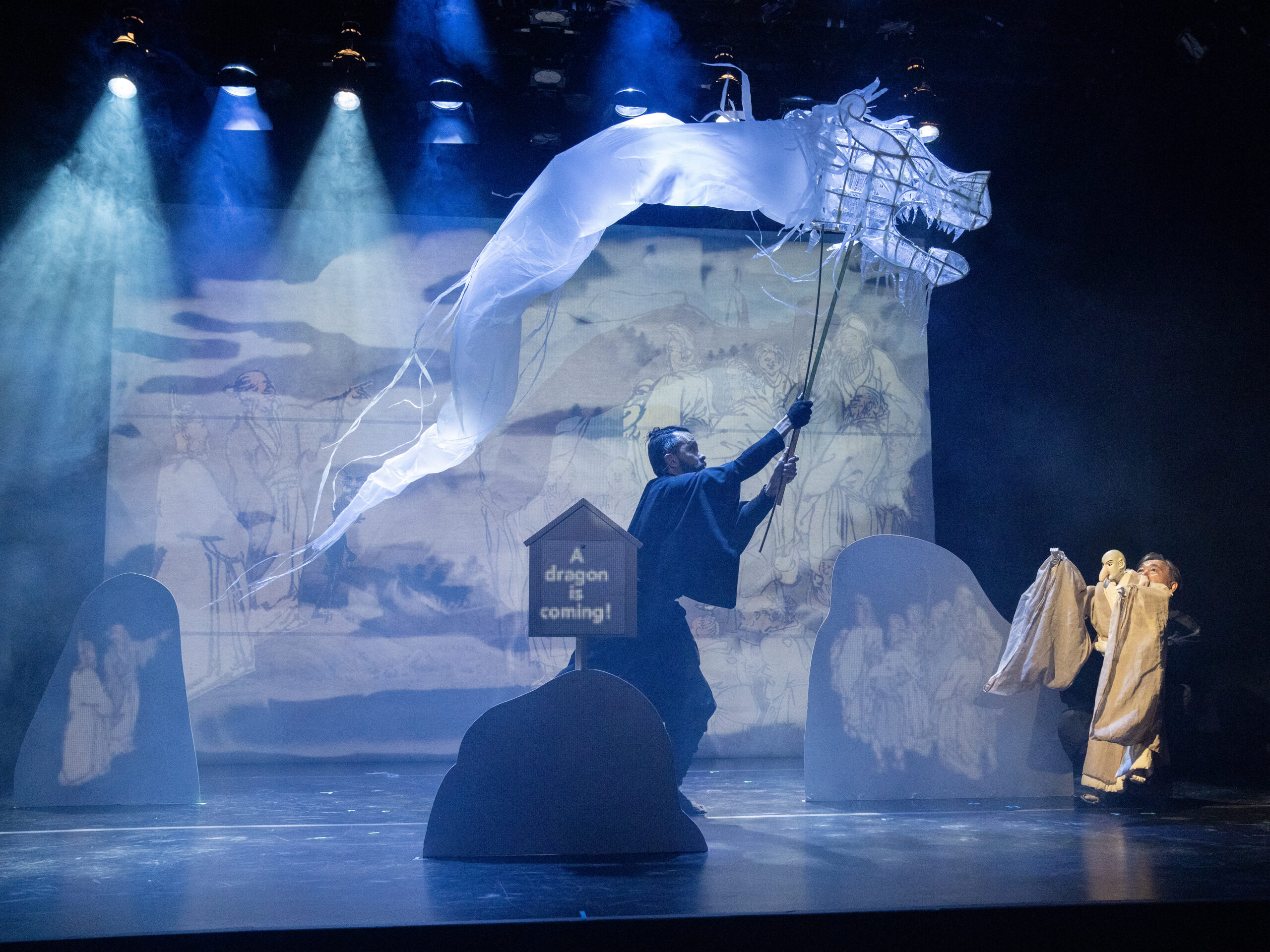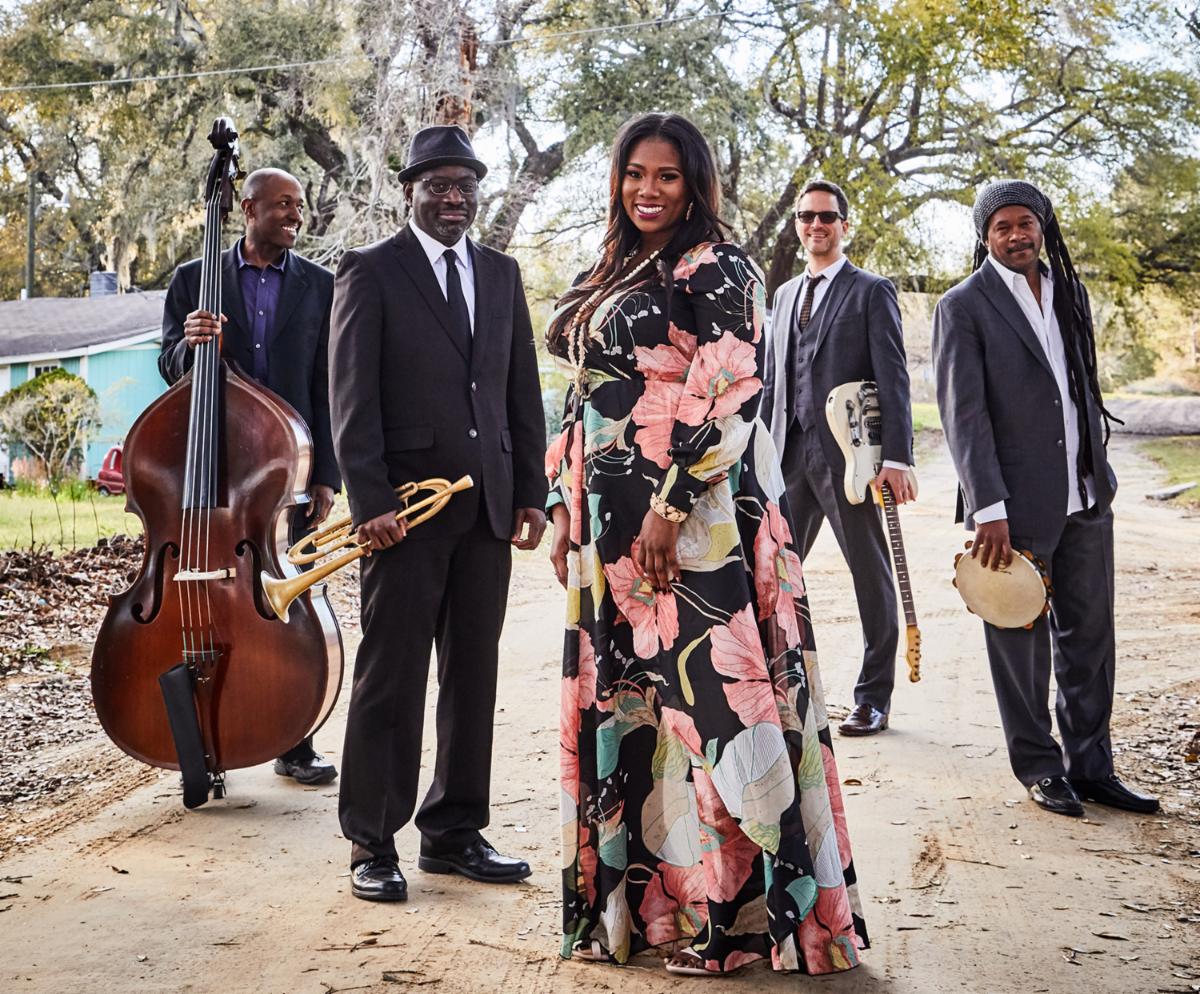By Mackenzie Kwok
We spoke with AliShah about the importance of culturally relevant programming, and her hopes for the future of Delaware’s arts and culture sector.
Can you tell me a little about Culture Restoration Project (CRP)? How did it come about, and how did you identify the need for it?
Culture Restoration Project, Inc. (CRP) began serving its community in 2013 as a 501(c)(3) non-profit organization based in Wilmington, Delaware. Initially, we had plans to provide culture consulting services—offering cultural education, workshops, engagements, and events throughout the Wilmington area. We really wanted to contribute to developing a stronger cultural and arts environment in our community.
We quickly realized that our youth, specifically Black and Brown youth, were severely lacking access to relevant and responsive cultural education and engagement. Each year, we saw students becoming more and more disconnected from any type of education about their past, while being expected to participate in enrichment programs that didn’t resonate with who they were or the communities they came from.
That’s when we pivoted. We created programming that would directly address this gap while engaging a diverse and wide range of students. Our very first program, Beyond Those Bars, used hip-hop to help students analyze the world around them and develop what we call the 3-C’s: Confidence, Communication skills, and Character. Hip-hop connected with our students—it kept them engaged, and its versatility enabled us to use it in countless ways to teach and engage.
Our research reveals that 85% of Delaware youth involved with the juvenile court system are functionally illiterate and less than four out of ten students are proficient in math. These statistics really drove home the urgency of what we were trying to do. Over time, we refined our focus to use African-centered concepts and modalities to help students understand and build character, develop a positive concept of self, and foster commitment to family and community.
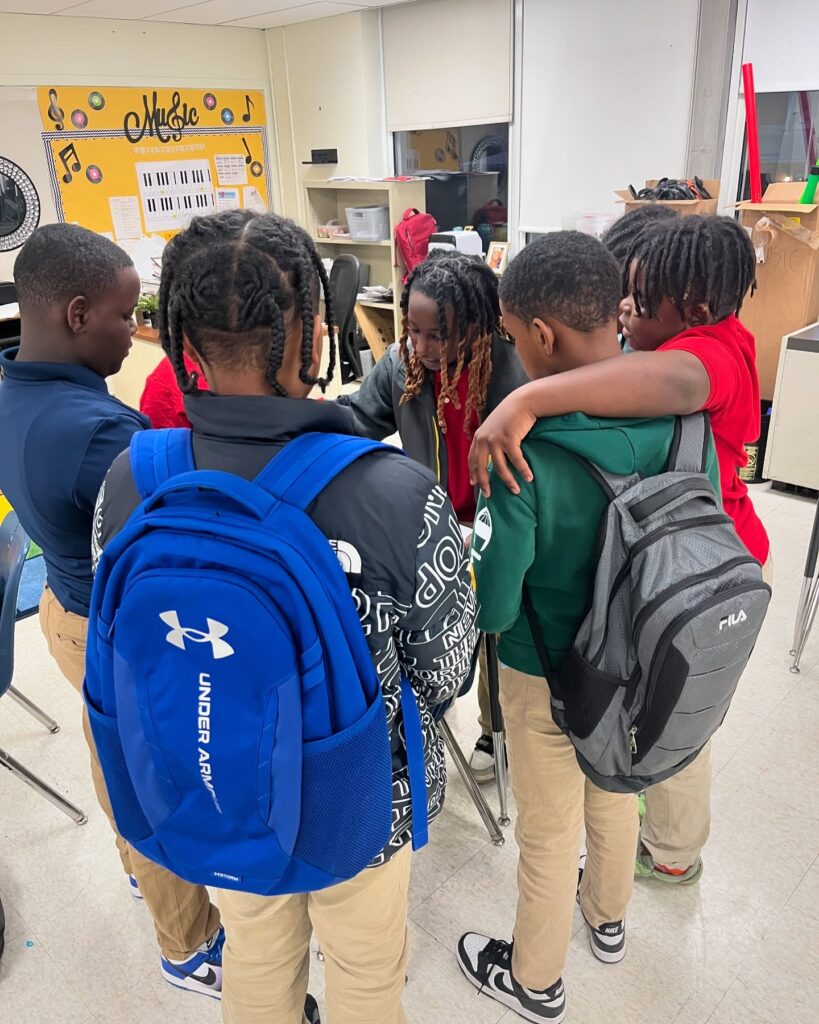
Display caption
Image: Youth gather in a circle. Credit: Courtesy of Culture Restoration Project, Inc.
CRP has Sankofa Rites of Passage (SROPI), Knowledge of the Self, Beyond Those Bars, and Power Up. These programs revolve around African-centered principles and cultural awareness. What are some of these principles? Why is it important for young people in Wilmington to have access to programs surrounding these principles?
While each of our programs are different, they all maintain the same foundational components rooted in African-centered concepts. We focus on three core principles: Ubuntu, which comes from the South African Bantu and Xhosa people and means “I am because we are”, emphasizing our interconnectedness. Then there’s Iwa Pele, derived from the Yoruba people of West Africa, which centers on having good and gentle character. And Ma’at, a Kemetic (Egyptian) concept focused on order, truth, and justice.
These concepts are absolutely essential in helping young people develop a positive self-concept, understand their responsibility to self, family, and community, and build character traits that will benefit them as our future leaders. We live in a society driven by media that doesn’t promote any of these concepts, so youth are normalizing an unhealthy and self-depreciating culture.
Our programming is an attempt to change the tide—to plant seeds in students that will hopefully grow and impact their lives in healthy and productive ways. Our primary focus is on building a “knowledge of self” within young people, which we define as an understanding of oneself from a cultural, historical, familial, and communal perspective, leading to a self-affirming self-identity. When you know who you are and where you come from, it changes how you see yourself and your potential.
For young people in Wilmington specifically, these programs provide something they’re often not getting anywhere else—culturally relevant education that speaks to their lived experiences while building critical life skills. We serve over 600 students per year and see firsthand how this approach transforms not just individual students, but ripples out into their families and communities.
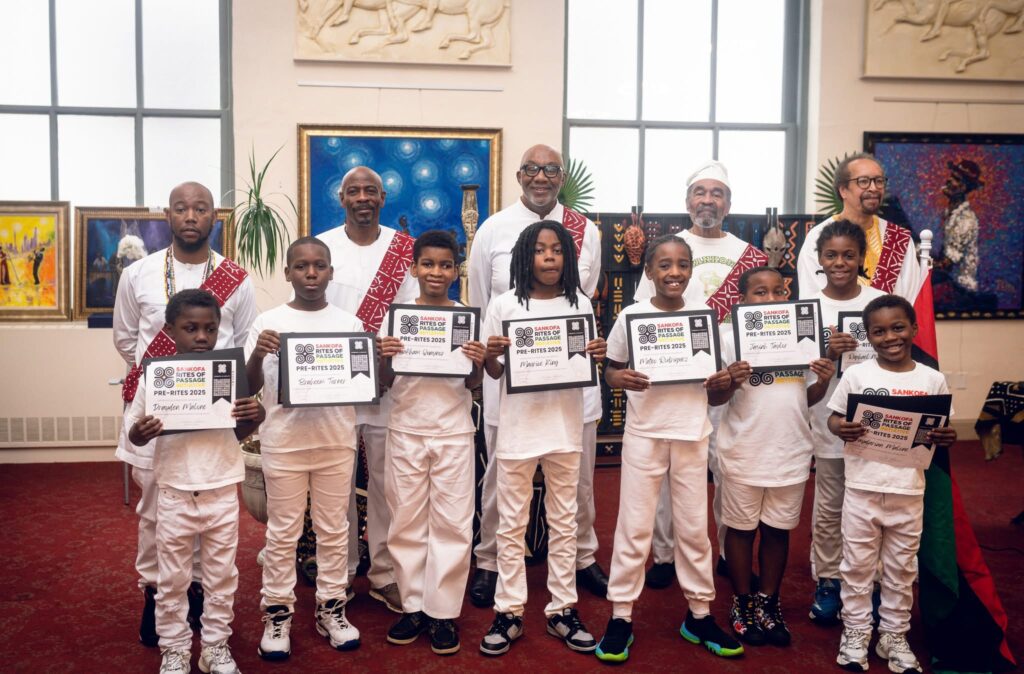
Display caption
Image: Sankofa Rites of Passage. Credit: Courtesy of Culture Restoration Project, Inc.
What are your hopes for CRP and the creative community in Delaware? What are you hoping to see more of in the arts and culture sector as a leader in the field?
For CRP specifically, my biggest hope is that we’re able to open a thriving cultural hub, which we’re actually well on our way to achieving. We’ve acquired a building to house our community programming and administrative office, and we’re currently searching for funding to renovate it to suit our needs. We also want to expand to more schools and community centers. We’re serving over 600 students per year now, but we want to reach so many more.
As for Delaware’s creative community, I hope it continues to grow and receives proper funding. I’d love to see more independent institutions that support the arts, better identification and mentorship of young artists and culture keepers, and most importantly, more cultural sustainability. We need more of an effort to sustain cultural initiatives long-term as a good for the community, not just something that’s supported when it’s “popular” or politically motivated.
Delaware has incredible potential. I think we could really benefit from studying the impact that properly supported and marketed arts and culture industries have had in other states and cities. There’s so much we could learn and apply here.
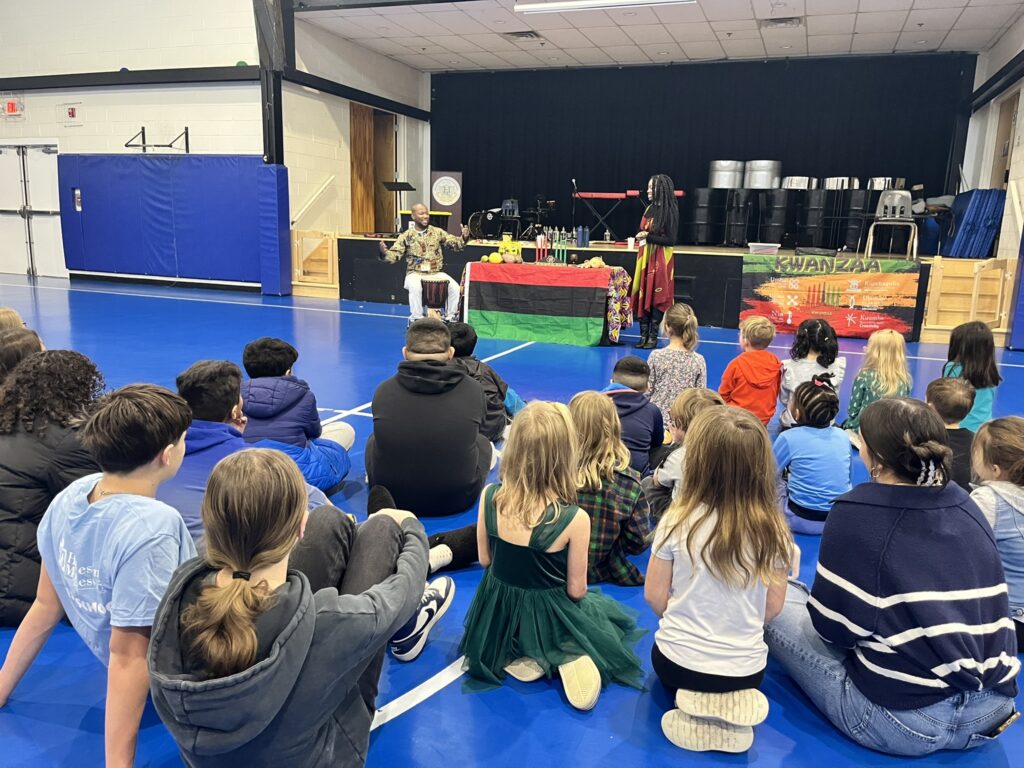
Display caption
Image: Students attend a presentation about Kwanzaa. Credit: Courtesy of Culture Restoration Project, Inc.
How has the Leaders of Color Fellowship influenced your work/relationship with CRP?
The Leaders of Color Fellowship has been transformative for me personally and professionally. It enabled me to meet other leaders in the arts and culture field from around the country and really see their work including their successes, their challenges, and how their individual cities and states engage with the arts.
I was inspired by various programs and institutions that exist in other states that simply don’t exist in the same ways here in Delaware. At the same time, the fellowship encouraged me to stay the course and continue advocating for arts and culture in Delaware. Sometimes you need that external perspective to remind you that the work you’re doing matters and that persistence pays off.
I think I’ve become a better leader as my network has expanded. I was able to get practical pointers to help address some of my concerns, particularly around how to better advocate for arts and culture in Delaware. When you’re working in your own community day in and day out, it’s easy to get tunnel vision. The fellowship gave me that broader perspective and connected me with people who understand the unique challenges we face as leaders of color in this field.
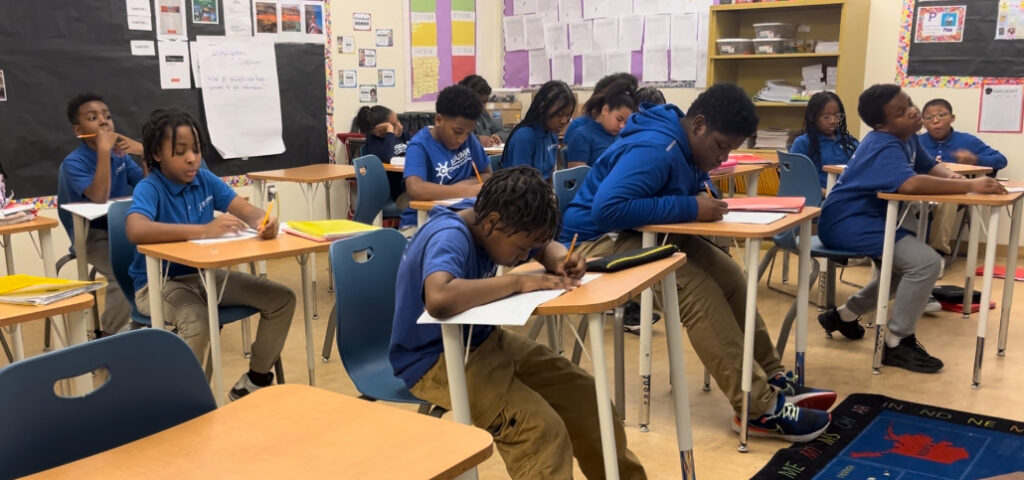
Display caption
Image: Students work at desks in a classroom. Credit: Courtesy of Culture Restoration Project, Inc.
